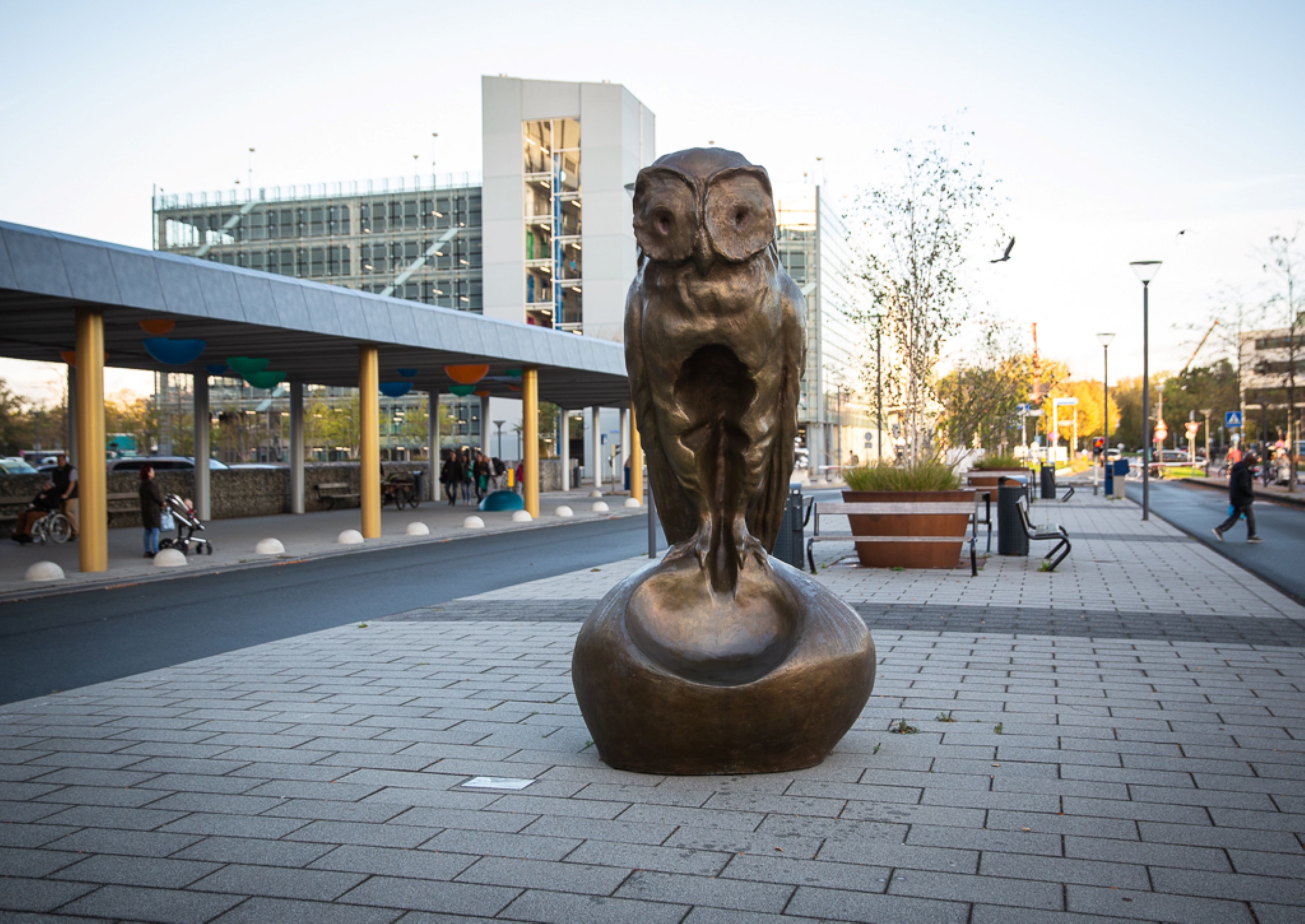PhD Candidates Causal machine learning – Performance assessment of causal predictive algorithms
You have 15 more days to apply
&width=400&height=400)
About your role
We offer two PhD positions at the LUMC that focus on data-driven evaluation of individualized prediction algorithms that take the causal effects of medical interventions into account. Regular model assessment techniques such as cross-validation cannot be used in this context since ground truth causal quantities are never observed. To solve this problem, you will develop novel performance criteria to evaluate causal prediction algorithms.
To test feasibility, you will apply these methods to high-stake medical prediction algorithms. To support the dissemination of your methods, you will create user-friendly statistical software, such as an R package. You will share your findings through academic publications, conference presentations, and engagements with stakeholders. Additionally, you will actively contribute to the institute's academic environment by participating in seminars, workshops, and consortium meetings.
The first PhD position focuses on performance assessment for conditional treatment effects, building on recent results from machine learning literature. The second PhD pposition focuses on conditional interventional absolute risks, which are popular in biostatistics and epidemiology. A key aim of our consortium is to take an interdisciplinary approach and connect results from different quantitative fields.
In both projects, your main tasks will be to:
- Deepen your knowledge trough literature review and active engagement with current research developments.
- Develop new performance criteria for causal predictive algorithms and develop computational algorithms to estimate these performance criteria.
- Derive their statistical properties, through formulas and simulation studies.
- Appy the algorithms to large medical datasets and interpret findings.
- Assist with teaching duties (10% of your time).
About your workplace
You will work within the LUMC Department of Biomedical Data Sciences. This department is dedicated to developing, interpreting, evaluating and implementing advanced statistical methods, data science and data management techniques for (bio)medical research. Your daily worksite is the LUMC section of Medical Statistics, which hosts the largest biostatistics group in the Netherlands. You will have collaborators from various institutions and will benefit from access to an international network of experts in causal inference.
This project is part of the ‘Safe Causal Inference’ consortium (8 PhD candidates in total). You will work closely together with causal inference researchers from Delft University of Technology, Erasmus Medical Center and VU Amsterdam, combining expertise from computer science, mathematics, biostatistics and epidemiology.
You will be supervised by an interdisciplinary team, covering expertise in medical statistics (Dr Nan van Geloven), computer science (Dr Jesse Krijthe), mathematics (Prof Aad van der Vaart) and epidemiology (Prof Saskia le Cessie).
About you
As a PhD candidate in causal machine learning you are fascinated by data science developments, curious to find out how things work and you want to get to the bottom of things. You enjoy explaining your findings to others, including researchers with a different scientific background. You are at ease with programming (in eg R or Python). You have:
- A master’s degree in (Bio)Statistics, Applied Mathematics, Data Science, Computer Science, Econometrics or a related field.
- You are interested in both deriving statistical properties of estimators and in applying methods to real-world medical datasets.
- You have good communication skills in English, Dutch is a pre.
Our offer
Driven by health; that's our mission. This applies not only to our patients but also to our employees. We strive to provide a safe, inclusive and equitable work environment, with a focus on talent development and connected leadership. In order to be able to continue to learn and develop, we offer internal and external training. You are also entitled to an end-of-year bonus (8,3%), holiday allowance, sports budget, bicycle scheme, home office allowance and an excellent commuting allowance. Furthermore, as an employee of LUMC, you are also affiliated with the ABP pension fund. This means that 70% of your pension premium is paid by LUMC, leaving you with a higher net salary. Nice, right?
What do we represent?
As an academic medical center, LUMC strives to have a workforce that is a good reflection of society. We are committed to the highest quality in health care, education and (international) research, in which diverse perspectives are essential. Sustainability is also a high priority for us: we are committed to a healthy future, not only for people, but also for the planet. In line with these values, we aim to be a creative and inspiring place to work, where everyone feels at home, safe and valued. It's all about who you are and what you bring to contribute, regardless of your background. Together, we work toward a sustainable and inclusive future, both for the people around us and for the world we live in. Together, we are LUMC.
More information
- As a PhD-candidate, your salary will be between € 3,108 and € 3,939 gross per month (scale Pro, CAO UMC). These figures are based on a full-time position.
- This position is for the duration of 4 years
- Applications will be reviewed as they are received. As soon as we find a suitable candidate, we will arrange a first interview. The procedure involves several interviews, including one where we ask you to present some of your earlier research work (e.g. you master’s thesis). You will have the possibility to start per July, Aug or Sept.
- You can apply for either one of the two projects or state that you are interested in both options.
- Applications from employment/recruitment agencies will not be considered.